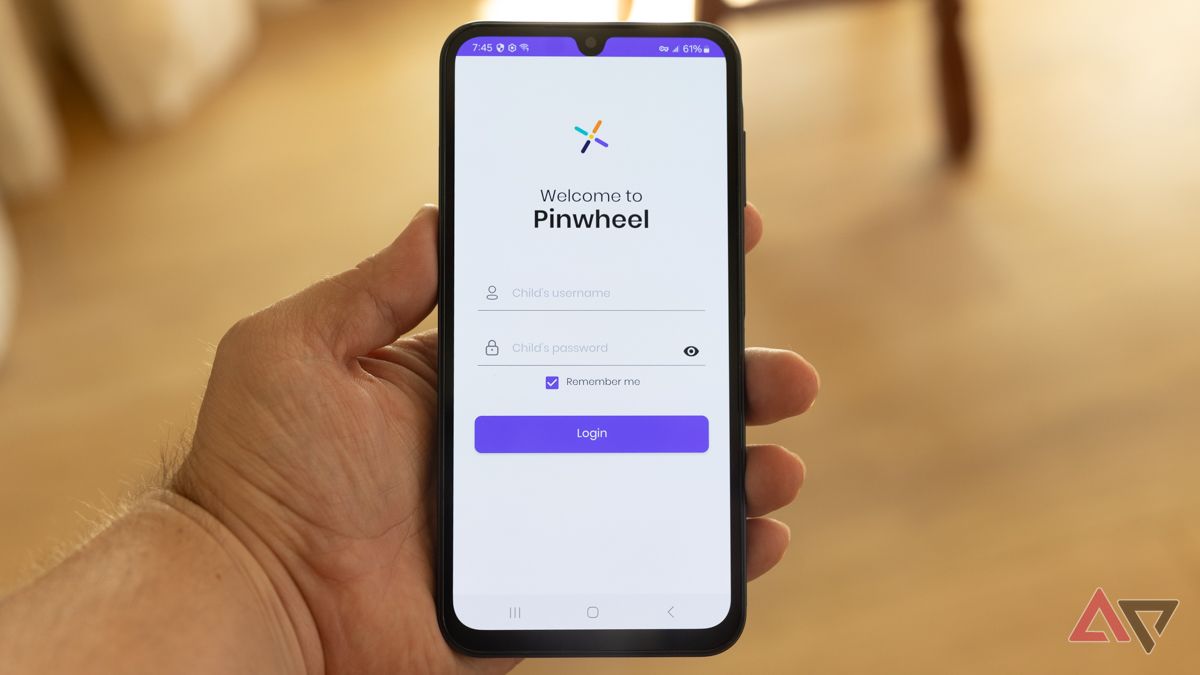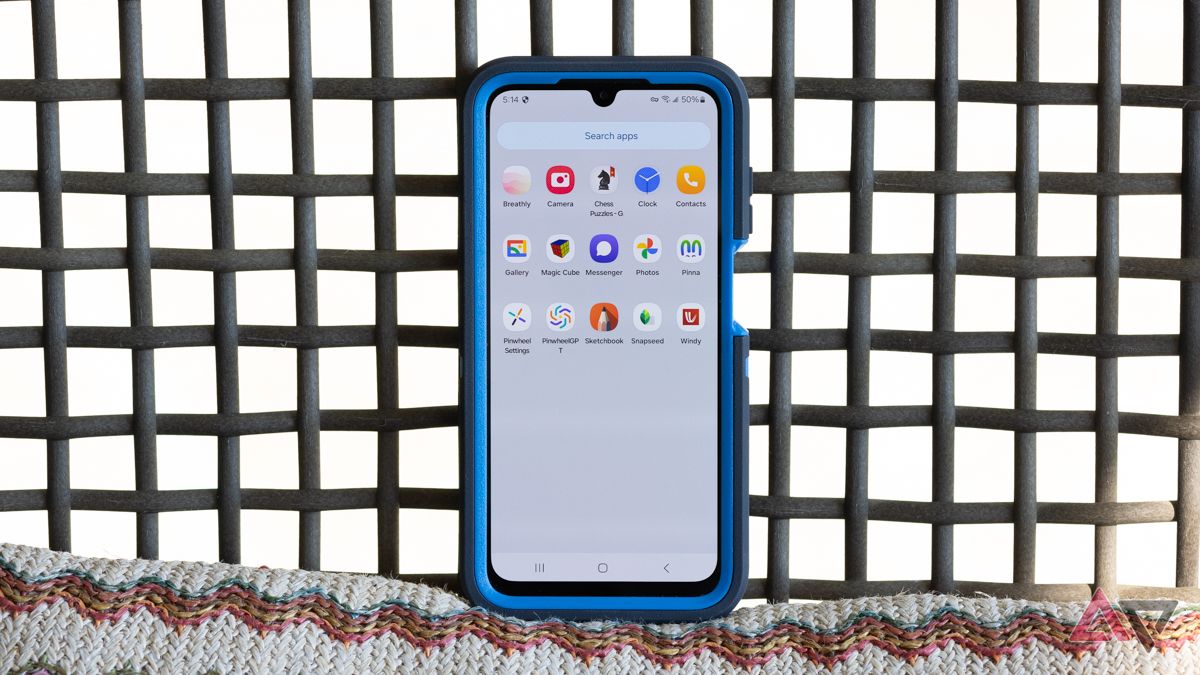I have two kids. One is about to be a teenager, and the other is about halfway through elementary school. So, I’ve been a dad for a while. Great, right? Well, I’ve had a phone in my pocket longer than I’ve been a dad, and that’s more of a problem than you’d think. For years, even before I welcomed my first child, I was attached to a device that steadily became increasingly useful and, unfortunately, distracting.
When it comes to mindful parenting, I’d like to think the majority of us want to do the right thing for our kids. That means giving them the focus they want and need right when needed, and also setting a good and healthy example for them when it comes to our digital lives.
As a parent, it’s sometimes hard to ask for help. Well, I’m not afraid to. What I want is a phone that helps me be the parent I strive to be. It just doesn’t exist yet, despite brands like Light trying its best to free us from our smartphones.
Just don’t use your phone too much
Easier said than done
I, like many others, have been trained to rely on my phone for pretty much everything. And that training started before becoming a dad. The thing is, though, that training continued into parenting — apps that promised solutions for situations that arose with kids, apps that helped schedule their lives, apps that helped keep track of their sports and their grades, and apps that helped us keep in touch with relatives far away.
Not all of that is bad, and I think a lot of it is truly helpful. The issue is that phones come with all sorts of other distractions, like social media, browsers, email, Slack, you name it. Being constantly connected is not good for us, but it’s also not entirely negative. A constant connection means emergency help is right at your fingertips. So, why don’t we just delete the apps that don’t enrich our lives in some way?
Because it’s too easy to reinstall them in a moment of weakness. Willpower is an incredibly hard point of friction, especially when phones are designed to make it as easy as possible to access everything we want, whenever we want it.
Is anyone trying to solve this?
Yes, but nobody has cracked it
Companies that are trying to offer me a solution are giving it the ol’ college try, but I can find a downside to every single one of them, and at the end of the day those downsides each make my life harder. I don’t want harder, I want mindful.
Recently I reviewed the Light Phone II. It’s a neat-looking little device with a boatload of friction to try and instill a healthy relationship with it. It makes calls, it can text, and it has a calculator and a podcast app. It even has GPS. But it doesn’t have things that I want as a parent; specifically, a camera for when I want to take pictures of my kids or scan QR codes, NFC payments, digital tickets, and the apps my kids’ teachers use. Things like that.
Then, there are software solutions. Take Brick, for instance. It’s essentially an NFC puck that, when tapped, locks parts of your phone via software. Your phone’s apps only unlock when the timer runs out, or when you physically touch the Brick again. Essentially, that’s still just relying on willpower. There’s also Android’s School Time feature that allows parents to limit their child’s device during school hours, which is good, but that’s still just software.
There are even phones geared towards children that come without browsers or the Google Play Store, like the Pinwheel Plus 4. But, if I have the passcode, what’s stopping me from giving myself access at the first sign of frustration?
Finally, I want to mention that while there are some custom hardware solutions out there other than the Light Phone II, like the Punkt MP02, but none are the quality of the hardware we deserve.
The ideal solution
For me and, I think, many others
For years, I’ve had a running list of what I want in a “perfect” mindful parenting phone — and a running list of what I don’t want.
Here’s what should be included:
- A great camera
- NFC
- A decent screen with a high refresh rate
- Fast charging
- A great haptic system
- Phone/Video calls, texts (RCS at the very least)
- Common apps that schools and sports use to communicate
- Health apps
- A digital assistant for looking up information
- Tools like calendars, calculators, etc.
- Music/Podcast apps
On the flip side, one of the biggest parts of mindful parenting is avoiding the feedback loops that get us addicted and reaching for our phones at any hint of downtime. So, here is what shouldn’t be included:
- Social media
- Work apps like Slack, Teams, Zoom, etc.
- Entertainment apps like YouTube, Max, Disney+, etc.
- Browsers
- Games
I went back and forth on the browser, as it can be a useful tool, but you could go to the web version of all those distracting things and continue to be distracted. The solution would be a capable digital assistant.
What’s stopping the mindful parenting phone from existing
More than you’d think
As I wrap this up, I’ve been thinking about what might be stopping this device from existing. Mostly, I’d say it’s lack of demand, which leads to it not being a cost-effective device to produce for many major brands.
Not everyone is a parent, and while there might be some overlap with people who just want to focus on their lives rather than their screens, by and large, the rest of the population loves their phones and unlimited access. It’s weaved through every aspect of our lives, and that’s a hard thing to break, especially when mass-producing unrestricted devices is much more lucrative than the alternative.
That said, it’d be nice to see something pop up from a major brand that turns a small profit while believing in the ethos. Maybe they make the most of their money elsewhere and are free to experiment in new ways. Or, maybe they take their existing hardware (maybe even a generation behind?) and add custom software for those looking for it, software that can’t just be unlocked on a whim.
Regardless, I’m hopeful that it’ll be cracked someday, or that there will be an uptick in momentum in demand. Until then, I’ll keep working on my willpower and deleting annoying bloatware.
Source link






